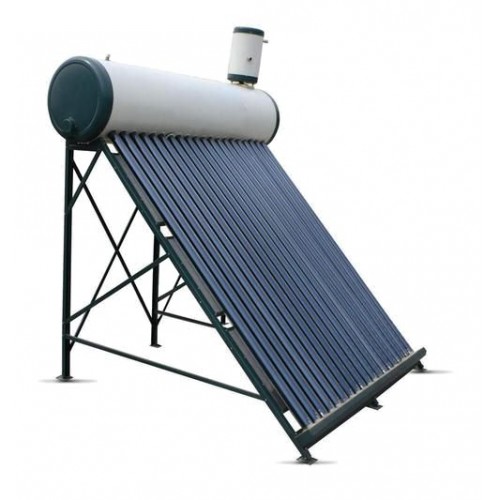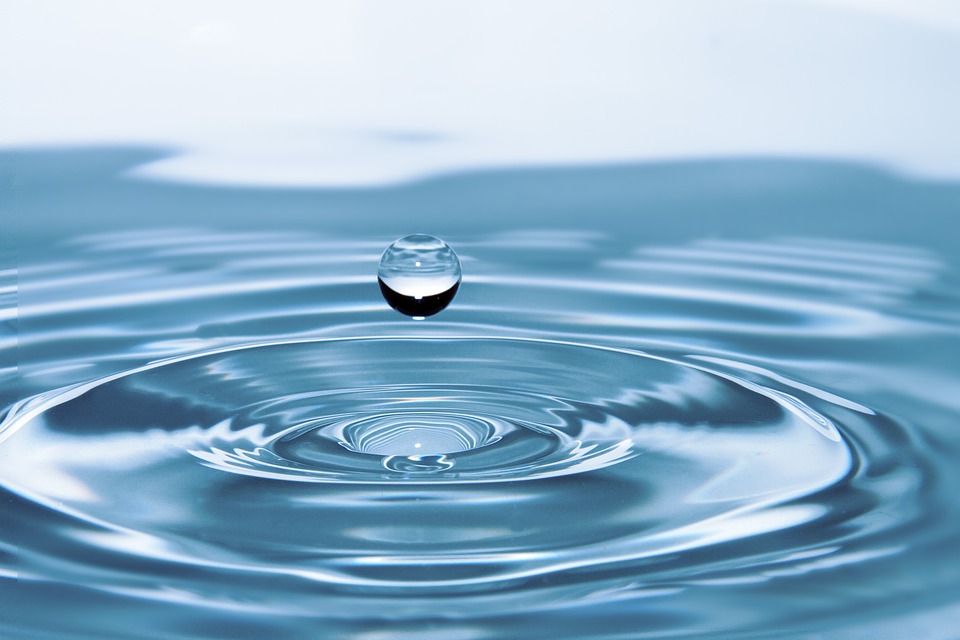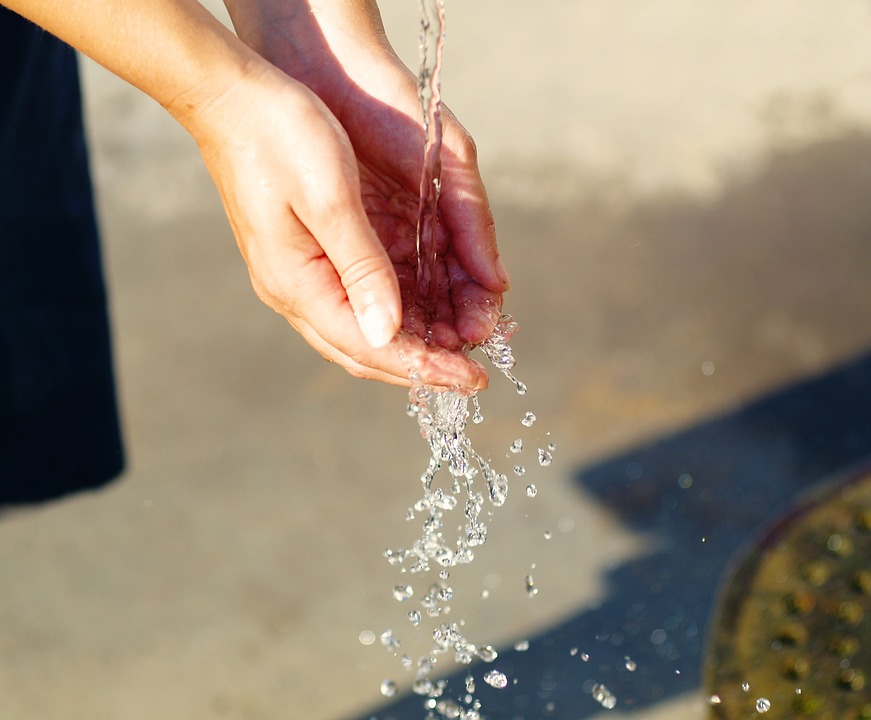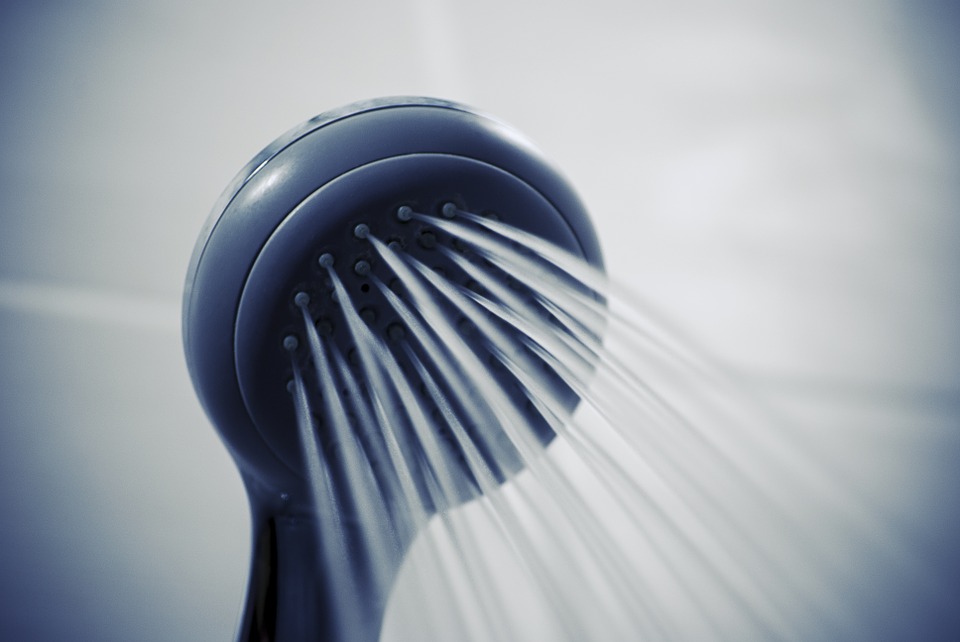Generally, we have what is called “hard water”. It is perfectly drinkable water but loaded with calcium (limestone) and magnesium, which are likely to create limescale and, therefore, get damaged by the accumulation of dirt in pipes and household appliances (washing machine, dishwasher, iron, steam cleaner, etc.). Apart from being unpleasant, water with a high calcium content can be harmful to the skin and weaken the hair in the long term.
Other problems with hard water are that scaling is automatically linked to over-consumption of energy and cleaning products. For instance, hard water is responsible for a 20% increase in energy to heat your shower or dishwater. Since it prevents cleaning products such as laundry and soaps from foaming (making them less effective), you will also tend to use more of them. Two consequences not only for your budget but also and above all for the environment!
What Is a Water Softener?
A water softener is an individual electrical installation (although there are collective water softeners in the tertiary sector, hotels, and some care centers) connected to your domestic water network that helps reduce the hardness of your water and removes its limescale. Once the water passes through the device’s filter, more precisely, by coming into contact with the resin, the water is freed of calcium and magnesium ions, which makes it softer.
What Types of Water Softeners Are Available?
From manual and semi-automatic to automatic, you can find various water softener systems on the market. Of course, the automatic ones are the most attractive because their start-up and operation are fully automated. Moreover, this type of softener does not consume much water compared to others. On the other hand, they are also the most expensive on the market. Unlike the models with traditional resin, with the new systems, water softening can be obtained thanks to the action of CO2 on the chemical elements responsible for the formation of limescale. Regardless of how it works, this equipment is very successful today since it helps avoid many problems related to hard water.

Where to Install a Water Softener?
A water softener is not a large appliance, but it does require some precautions to be taken as to where it can be installed.
For the softener to work correctly, it must be:
- On a flat, level surface. If your softener is unstable or tilted, it will not work properly.
- Close to a drain
- Not too close to a heat source, or in a room where the water may freeze.
- Usually, a home’s water softener is placed in a garage, shed, or bathroom.
Can You Install a Water Softener on Your Own, or Should You Call in a Professional?
It is entirely possible to install your water softener, but this decision will deprive you of some significant advantages. The professionalism and experience of certified installers guarantee you a job well done and satisfactory results. They will be able to correctly answer your questions and help you choose your water softener. Without their expertise, you will have to select your water softener on your own, at the risk of not making the most optimal choice.
Furthermore, you will save yourself time and effort, but you also make sure that its maintenance is done correctly and regularly. Lastly, experts will offer you a regular maintenance contract that, in the long run, will cost you less than individual maintenance.
If you’re looking for reliable and effective water softening systems, Hydrowise Inc provides water softening solutions at affordable prices in Indialantic, FL, and the entire U.S! Browse through heir products and choose your water softening system today!



